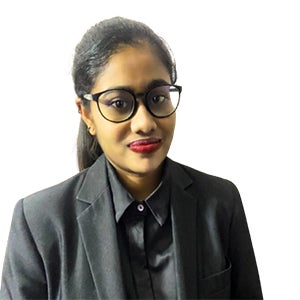Dropout issue: Students should also be exposed to non-academic options in school - Experts

SHAH ALAM - The government should come up with programmes and agencies to encourage SPM graduates to further their studies after Sijil Pelajaran Malaysia (SPM), say experts.
This was in response to recent reports of a decline in the number of students who sat for the 2022 SPM examination.
Universiti Kebangsaan Malaysia (UKM) Faculty of Education Center for Studies in Learner Diversity Dr Anuar Ahmad said there are two major reasons why they don't want to continue their studies; one is due to poverty, as children need to work after SPM to support their families.
"This happens when the student has to work to help their mother, for example, if the father has passed away, divorced, or gone to another place.
"Hence, the students have to help their parents and siblings by working after SPM to support the family," he said.
He added another factor is lifestyle, especially for those who are neither rich nor poor and have the option to choose to study otherwise.
"They want to earn their own income and have financial freedom. So studying is not a top option for them," he added.
Another factor is that some students have a very minimal literacy level despite being in Form Five.
"It is not that they cannot read; they can read, write, and count, but they can only do the basics but not advance on par with their age.
"Hence, they would decide not to continue their studies, fearing that they would fail.
"The government should come up with a plan to help poor students continue their studies," he said.
He added that for those students who are unable to read, write, and count, the government should draw up a non-academic alternative for SPM leavers to focus on technical and vocational education and training (TVET).
"There are TVET programmes now, but how successful are they in reaching out to students? he asked.
Universiti Sains Islam Malaysia (USIM) Director, Strategic Communication Centre Associate Professor Dr Mohd Faizal Kasmani said the Higher Education Ministry has to make studies more flexible.
"That is the right thing to do. We need to offer an education that allows the students to study at their own pace, and we learned that after the pandemic.
"I think education should be diversified; no one size fits all. Everyone has different needs; some may have a flexible attitude towards learning.
"In education, there should be flexibility offered to students who want to continue their studies," he said.
Universiti Kebangsaan Malaysia (UKM) Faculty of Education Prof Madya Dr Hasnah Toran said secondary school education should be focused on advanced vocational certification and workforce readiness.
"These are economic reasons, but we need to remember the world has changed with the advancement of information and communication technology (ICT), and the way our youth view the world around them is different," she said.
She added that it needs to be understood, and changes need to be implemented as fast as the information our youths can get from the internet.
"For example, introducing entrepreneurial education is more relevant now," she expressed.
Meanwhile, Parent Action Group for Education Malaysia (PAGE) chairperson Datin Noor Azimah Abdul Rahim said the home environment must be calm and stable for students to feel motivated and confident enough to want to go to school.
"The government should offer resources to the respective ministries to ensure that assistance is given to families who are in dire states.
"Generally, students who complete secondary education and have an SPM certificate have better income opportunities," she added.















